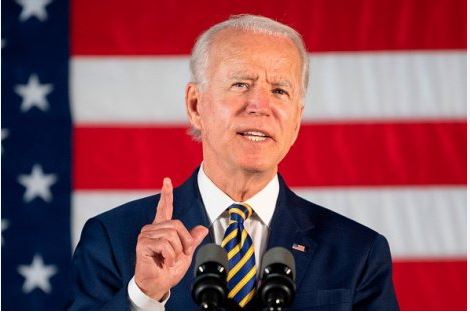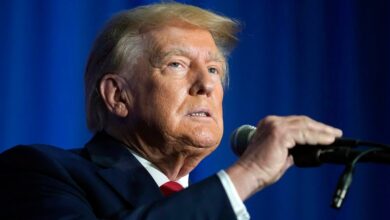Lawmakers Consider 25th Amendment to Remove Biden

Washington, D.C. – Amid growing concerns over President Joe Biden’s ability to perform his duties, some lawmakers are reportedly considering invoking the 25th Amendment. This unprecedented move underscores the political tension and scrutiny surrounding the current administration.
Understanding the 25th Amendment
What It Entails: The 25th Amendment to the U.S. Constitution provides a legal mechanism for the transfer of presidential power in the event that the president is unable to discharge the powers and duties of the office. Specifically, Section 4 allows the vice president and a majority of the Cabinet to declare the president unfit, thereby transferring power to the vice president as acting president.
Reasons Behind the Consideration
- Health and Cognition: Some lawmakers have raised concerns about President Biden’s health and cognitive abilities. Despite his administration’s assurances, speculation and public discourse about his fitness for office have persisted.
- Performance and Decision-Making: Critics argue that certain decisions and public appearances have highlighted potential issues with the president’s decision-making capabilities. These concerns are fueling discussions about the possible need for a transfer of power.
Political Reactions
- Supporters of Invocation: A faction within Congress believes that invoking the 25th Amendment may be necessary to ensure stable and effective leadership. These lawmakers cite recent events and public performances as evidence supporting their concerns.
- Opposition and Defense: Conversely, many Democrats and some Republicans argue that the president remains capable and that discussions of the 25th Amendment are politically motivated. They assert that Biden’s administration continues to operate effectively and that the concerns are exaggerated.
Implications of Invoking the 25th Amendment
- Political Turmoil: Invoking the 25th Amendment would undoubtedly create significant political upheaval. The process involves not only a majority of the Cabinet but also the vice president’s active participation, which could lead to a constitutional crisis if contested.
- Public Perception: Such a drastic measure would impact public perception of the administration and the stability of the U.S. government. It could lead to increased polarization and a potential loss of confidence in political institutions.
- Historical Context: The 25th Amendment has never been used to remove a sitting president permanently. Its invocation would set a historic precedent and could have lasting effects on the executive branch’s operations and the broader political landscape.
Next Steps
- Evaluation and Deliberation: Lawmakers advocating for the 25th Amendment’s invocation will need to present a compelling case to both the vice president and the Cabinet. This includes concrete evidence of the president’s incapacity.
- Public and Political Discourse: The ongoing debate will likely dominate political discourse, with both sides presenting their arguments through media and public statements. Transparency and clear communication will be crucial in navigating this complex issue.
Looking Forward
As discussions around the 25th Amendment continue, the focus will remain on the evidence presented and the political dynamics at play. The outcome of these deliberations could have profound implications for the future of the Biden administration and the political landscape in the United States.




